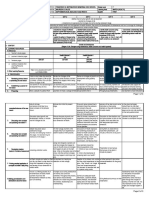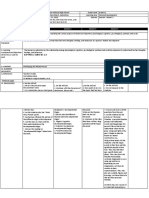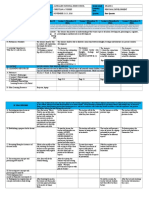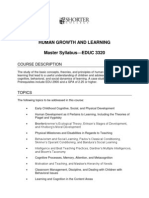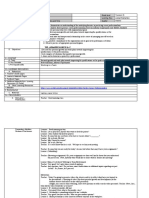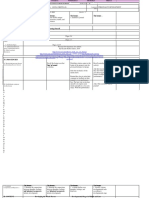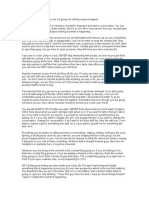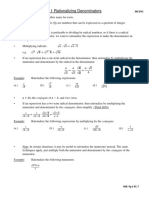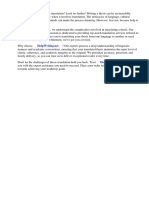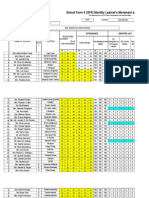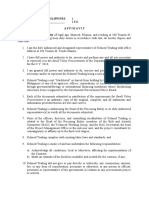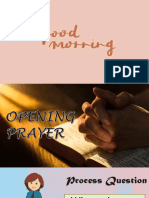0% found this document useful (0 votes)
82 views5 pagesDLL 6
This document outlines a daily lesson log for a Grade 7 Health class, focusing on human development and the management of health concerns during adolescence. It includes content and performance standards, learning competencies, teaching procedures, assessment methods, and reflections on student progress. The lesson aims to help students recognize changes during adolescence and understand the importance of maintaining a healthy lifestyle.
Uploaded by
danicaanaflorentino19Copyright
© © All Rights Reserved
We take content rights seriously. If you suspect this is your content, claim it here.
Available Formats
Download as DOC, PDF, TXT or read online on Scribd
0% found this document useful (0 votes)
82 views5 pagesDLL 6
This document outlines a daily lesson log for a Grade 7 Health class, focusing on human development and the management of health concerns during adolescence. It includes content and performance standards, learning competencies, teaching procedures, assessment methods, and reflections on student progress. The lesson aims to help students recognize changes during adolescence and understand the importance of maintaining a healthy lifestyle.
Uploaded by
danicaanaflorentino19Copyright
© © All Rights Reserved
We take content rights seriously. If you suspect this is your content, claim it here.
Available Formats
Download as DOC, PDF, TXT or read online on Scribd
/ 5














